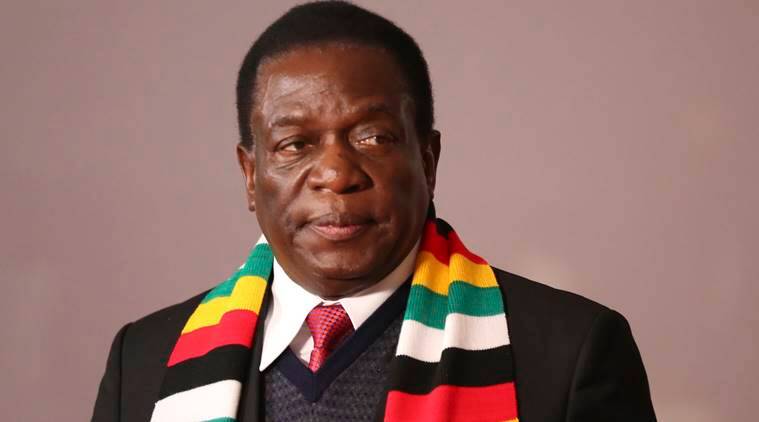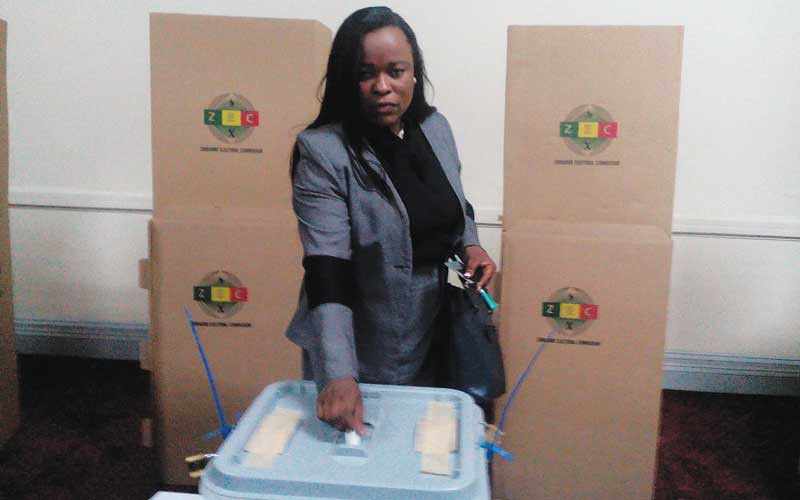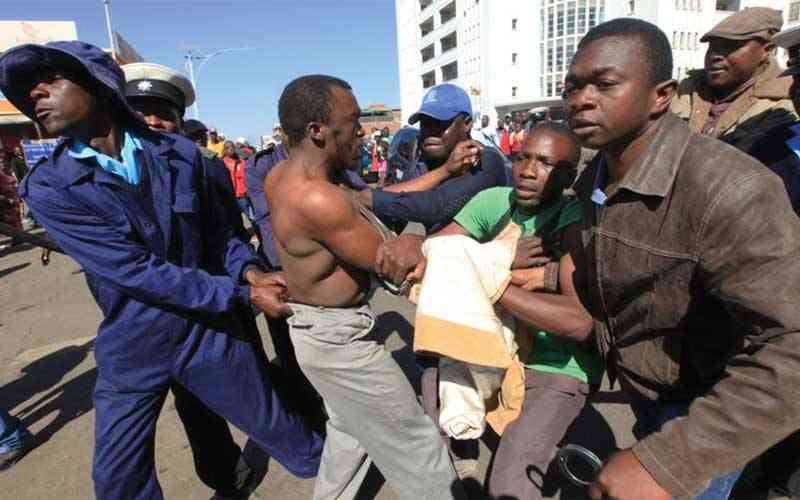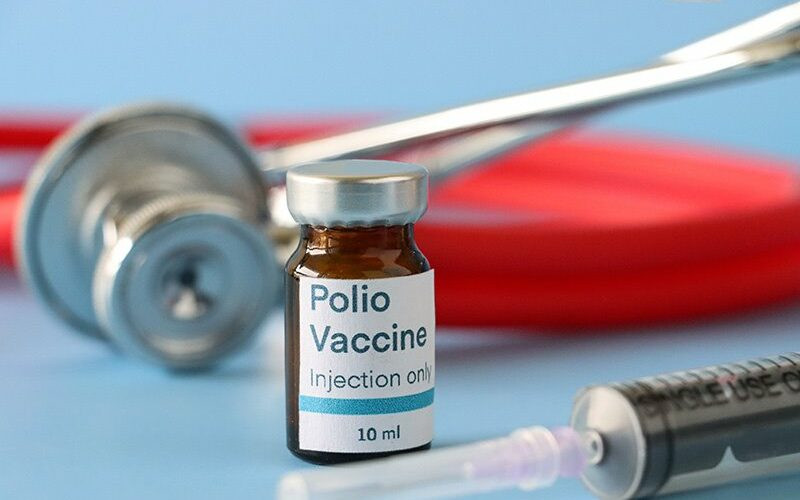
NOT so long ago, I wrote to President Emmerson Mnangagwa regarding an incident in Gokwe where a Zanu PF official, who I have now been able to identify as Nyandoro, who is also the councillor for ward 11 in Nemangwe, addressed a rally and told people that he had received an order which originated from the President to intimidate people in the area so that they vote for the Zanu PF leader in the 2023 elections.
One expects Mnangagwa should have issued a public statement against such behaviour if he did not issue the order, as claimed by Nyandoro.
The Gokwe incident has been followed by several others which Mnangagwa, as Zanu PF leader and as President of the country, is alleged to have sanctioned.
One incident was when Justice minister Ziyambi Ziyambi stated that Zanu PF, not the Zimbabwe Electoral Commission, was going to lead the delimitation exercise.
For Zanu PF to lead the delimitation process is illegal, and as Mnangagwa is the leader of the ruling Zanu PF party, the public would have expected him to clarify issues.
Another incident similar to the Gokwe one was witnessed in Chief Mapiravana’s area in Mberengwa North, where Zanu PF official Abton Mashayanyika, known by the nickname of Bhito, addressed a rally and said the party wants to kill Citizens Coalition for Change leader Nelson Chamisa and his family.
I hope the police will be swift to arrest Mashayanyika for inciting violence.
If Zengesa West legislator Job Sikhala can be arrested for saying the killers of Moreblessing Ali should be brought to book, and if not, Moreblessing’s avenging spirit will deal with the culprits, Mashayanyika deserves to be arrested too.
- Chamisa under fire over US$120K donation
- Mavhunga puts DeMbare into Chibuku quarterfinals
- Pension funds bet on Cabora Bassa oilfields
- Councils defy govt fire tender directive
Keep Reading
Mnangagwa should be firm on Zanu PF officials and supporters who are intimidating, harassing and killing people across the country in the name of the ruling party and its leader.
If he remains silent, we seem to be seeing a repeat of the 2008 presidential election re-run campaign period where he and other securocrats, according to the late former President Robert Mugabe, forced an election re-run when the late MDC-T leader Morgan Tsvangirai had won a clear majority.
Mugabe had initially conceded defeat. These things tarnish Mnangagwa’s image.
It is not too late for Mnangagwa to tell his party officials and supporters to resort to a fair campaign in order to have a credible election in 2023.
It is my hope that Sadc, the African Union and the United Nations, bodies to which Zimbabwe belongs, should advise Mnangagwa accordingly.-Kennedy Kaitano
Zim needs to introspect on natural resourcesZIMBABWE’S development progress depends on the productivity of its natural resources, principally land, water, and wildlife.
Yet Zimbabwe’s food, forests, and wildlife are in steep decline.
Ongoing climate changes, increased poverty levels, population growth, poor land use planning, and weak governance contribute to serious degradation of natural resources.
Agricultural production by smallholder farmers is declining, increasing the food insecurity of rural communities.
As a result, Zimbabwe experiences extremely high rural poverty and chronic and cyclic food insecurity with high levels of undernutrition.
Zimbabwe has struggled to meet its national annual cereal requirements and relies on imports and humanitarian assistance.
Dependence on rain-fed agriculture, weak market systems, and periodic weather and economic shocks contribute to a tenuous food security situation for rural and urban populations.
Years of political and economic instability and rapid population growth have resulted in a deteriorating economy with high inflation levels, further worsening the situation for low-income households as they cannot afford food in markets.
Most disasters in Zimbabwe are caused by water- and climate-related events such as floods or droughts.
As climate change increases the frequency and intensity of extreme weather events, the number of water-related disasters is expected to rise.
These weather events cause disruptions in the availability of food and water and increased conflict among communities and between humans and wildlife.
Mounting stress on agricultural systems and water availability will require effective and aggressive adaptation to sustain livelihoods and the ecosystems upon which Zimbabwe depends.-Relief Web
Mechanisation is the missing link to African agric sector growthAGRICULTURAL productivity in Africa has been broadly stable during the last six decades.
As a result, the possibility of famine is ever-present in a continent with such an enormous agricultural output potential.
Indeed, the African agriculture industry benefits from favourable weather and climate circumstances.
The reintroduction of agriculture to Africa’s development agenda may spark renewed interest in mechanisation.
A combination of agriculture and other positive variables might put the continent on the road to food security.
Several developing countries in South America and Asia have demonstrated that investing in agricultural machinery makes it feasible to convert the agricultural sector into a profitable commercial enterprise.
For example, due to higher productivity related to agricultural machinery investment, nations such as India, Brazil, and China are now global leaders in agricultural output and exports.
If mechanization remains widely embraced, a similar type of revolution might be realised across the African continent.
As a result, production would increase, food security would be realised, and reliance on food imports would be reduced.
Everyone has the right to sufficient and appropriate food under international and African human rights laws. To defend this right, governments must implement regulations and launch initiatives to guarantee that everyone can access safe and nutritious food.
African leaders endorsed the Maputo Declaration on Agriculture and Food Security in 2003 as part of the suggested policy reform, which requires nations to allocate at least 10% of public spending to agriculture to generate 6% annual growth in the industry.
Further to the Maputo Declaration, the Malabo Montpellier Panel, an African and global expert group, advised in 2014 that African governments adopt national agricultural mechanisation investment plans as a vital step toward enhancing productivity.
Despite this, African agriculture systems remain the least mechanised of any continent.
As a result, agricultural labour productivity — a key predictor of farmers’ earnings and, by extension, food and nutrition security — has remained stagnant.
To make agriculture appealing to the young, governments must overcome the “hoe and cutlass” culture.
The strategy is based on the reality that Africa’s development partners have also begun to support mechanisation.
Africa is likewise recognised as a developing market by the world’s major agricultural machinery businesses.-Afrikan Farmer











